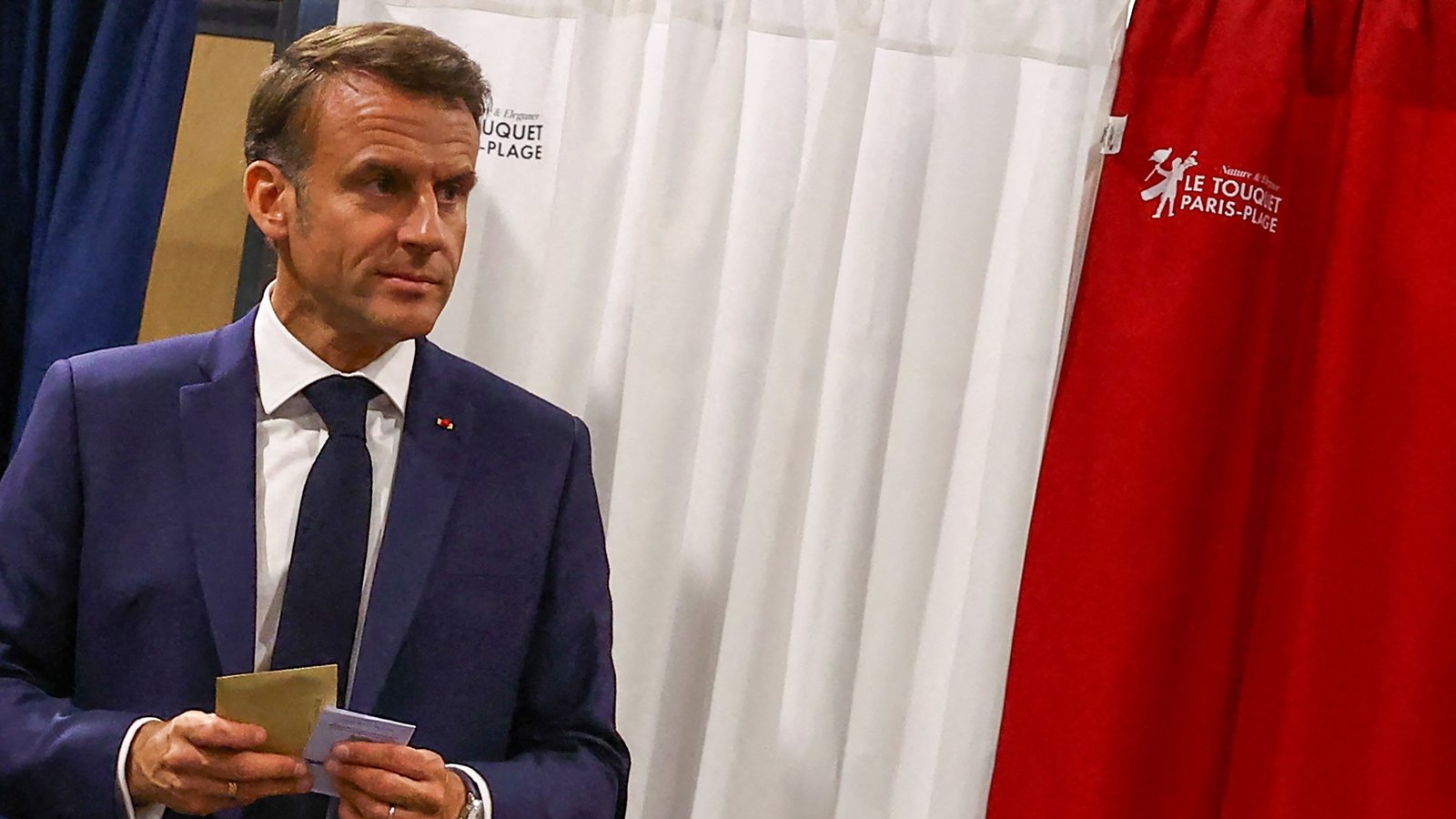Bussiness
French markets caught in storm as bonds, bank stocks hit

French markets endured another brutal selloff today, as political uncertainty unleashed the biggest weekly jump in the premium investors demand to hold French government debt since 2011 and bank stocks tumbled.
France’s Finance Minister Bruno Le Maire warned the euro zone’s second-biggest economy faces the risk of a financial crisis after being thrown into turmoil by President Emmanuel Macron’s decision to call snap elections.
Marine Le Pen’s eurosceptic National Rally (RN), currently leading in opinion polls, calls for a lowering of the retirement age and a protectionist “France first” economic policy approach.
French banks were hit hard. The country’s biggest three – BNP Paribas, Credit Agricole, and Societe Generale – have lost between 10-15% in value this week, the most since the banking crisis of March 2023.
The premium investors demand to hold French government bonds over euro zone benchmark Germany meanwhile rose to its highest level since 2017 at around 77 basis points.
It was set for a rise of roughly 25 bps this week, the biggest weekly increase since 2011, when the euro zone was the throes of a sovereign debt crisis that led to multiple government and bank bailouts worth trillions of dollars.
“It’s really hard to ignore the parallels from the situation of 2011-2012 in the sovereign debt crisis,” Justin Onuekwusi, chief investment officer at investment firm St. James’s Place said.
“If you go back to that period, very similar themes – elections, sovereign debt spreads, debt sustainability in focus with no real sign of what’s going to stop this momentum.”
A decision by France’s left wing parties to form a ‘Popular Front’ added to selling pressure as it dents Macron’s chances emerging victorious in the election, analysts said.
The euro touched a one-month low at around $1.069 and was last down 0.5% .
The possibility that the RN could win has compounded investor concerns around France’s fiscal discipline. The first round of voting takes place on June 30.
France’s debt to gross domestic product ratio is above 100%, and its deficit is around 5%. Its credit rating was downgraded last month by S&P Global.
It now costs the French government more to borrow money for 10 years than it does the Portuguese government for the first time since at least 2005, according to LSEG Datastream .
“In terms of positioning, fast money accounts have been short France over the last few months. However, real money accounts, institutional accounts and Asian real money are long France,” said Jefferies analyst Mohit Kumar.
“As these accounts seek to exit their positions or reduce exposure, buyers are unlikely to step in given that elections are just three weeks away.”










